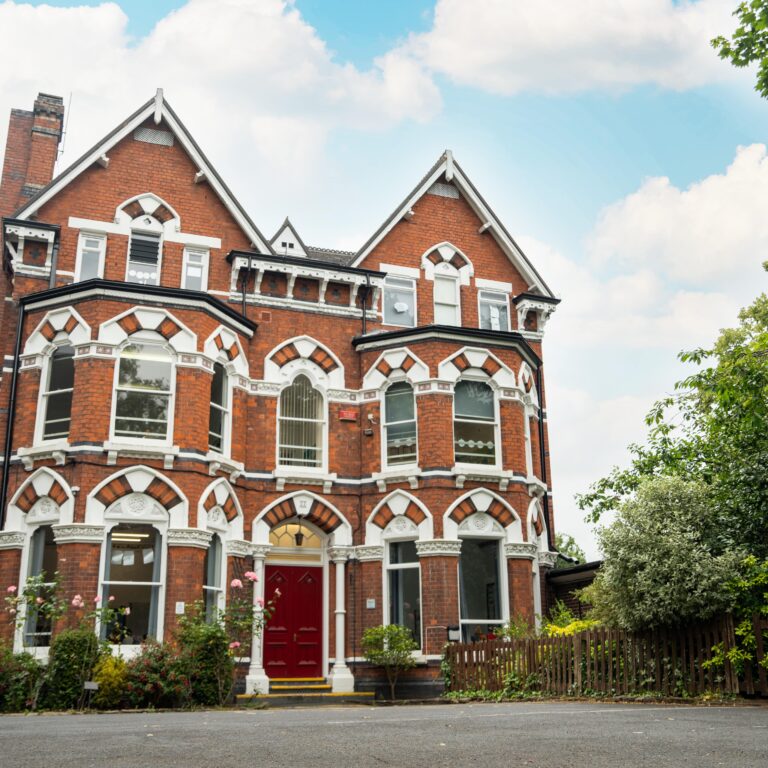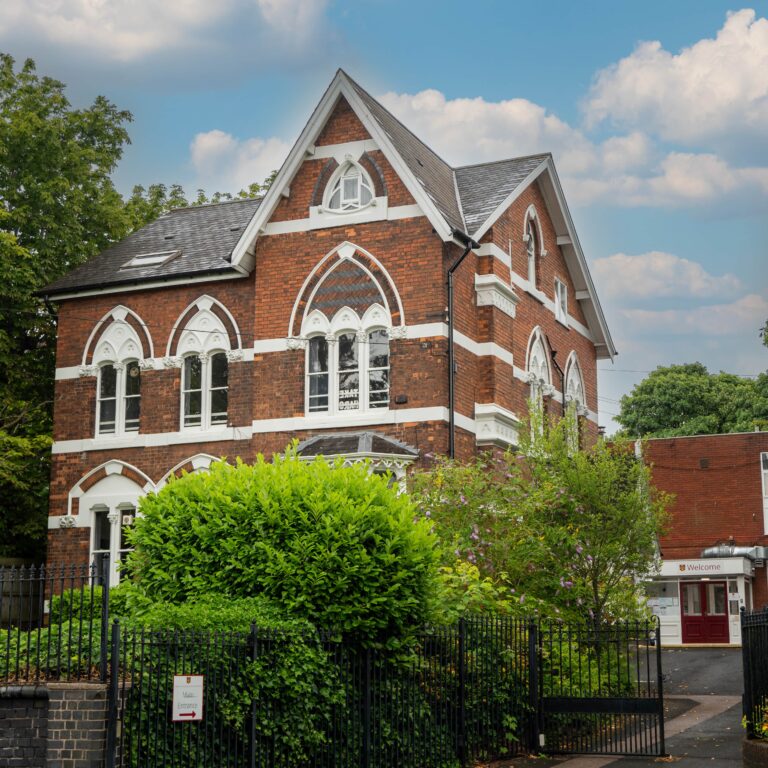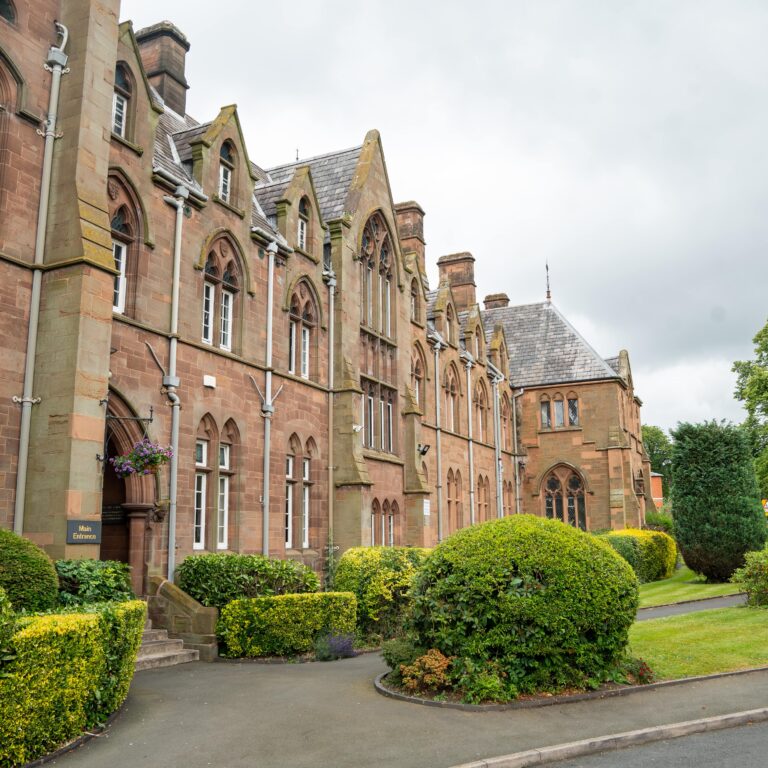Dear Children and young people,
I hope you had a lovely weekend – despite the awful weather. You will be pleased no doubt to hear that I managed my 10,000 steps on Friday so was able to partake of my favourite fish supper in the evening. Thinking about fish reminds me that today (I’m writing this on Monday 8th) is World Oceans Day so I’ll talk a little today about the sea (which will include some poems about the sea – apologies to any members of the Reluctant Poetry Appreciation Society people out there).
Our daughter, loved Disney’s ‘The Little Mermaid’ (as did I) and was often to be found on trips to our favourite summer beaches in Devon and Ireland propped up mermaid-like on a suitable rock singing ‘I Wanna be Where the People Are’. Much as I loved the Disney version of The Little Mermaid, as a child, I loved reading the Hans Christian Andersen version which follows the journey of a young mermaid who is willing to give up her life in the sea as a mermaid to gain a human soul. The tale was first published in 1837 as part of a collection of fairy tales for children. No – I wasn’t around in 1837 before you ask! I loved this magical tale as I found it hauntingly beautiful and heart-breaking and, like all fairy tales of the day, quite scary. Victorian parents believed that children should be seen and not heard and that they needed to be subjected to stories containing a moral. The moral of the story of the little mermaid was that people should be content with their lot in life and not strive to become something different. Victorian stories for children would probably not get past the censors today because they were often terrifying, but they were wonderful – especially anything by Hans Christian Andersen. The Disney version of the tale has a very happy ending, but this is not the case in the original fairytale as the little mermaid is turned into sea foam at the end and the prince marries someone else. Here is an illustration from the 1837 book:
I think the above picture is beautiful and it would have been hand-painted back in the day. The small and unimposing statue seen below is a Copenhagen icon and a tribute to Hans Christian Andersen’s tale (he was Danish). It has been a major tourist attraction since its unveiling in 1913.
Going back to poetry (sorry!), one of my favourite poems when I| was a child just happens to be ‘The Forsaken Merman’ by Matthew Arnold. The poem is written from the perspective of a merman and his children and relates how his human wife, Margaret, leaves them to return to dry land. The merman of the poem grieves for his human wife, who, after hearing the church bells at Easter, abandons him and their children to live on dry land again – never to return. The poem is saturated with sadness as we learn how Margaret thinks about her little mermaid daughter and how the children pine for their mother. It is hearing the chiming of the bells in the Church at Easter, which lures her back. The poem again contains a harsh Victorian moral message that Christian people need to be with their own kind – even if it means being forever broken-hearted.
It is quite a long poem so here is an extract taken from the last few stanzas of the poem, which always made me sad as a child:
The Forsaken Merman
Down, down, down!
Down to the depths of the sea!
She sits at her wheel in the humming town,
Singing most joyfully.
Hark what she sings: “O joy, O joy,
For the humming street, and the child with its toy!
For the priest, and the bell, and the holy well;
For the wheel where I spun,
And the blessed light of the sun!”
And so she sings her fill,
Singing most joyfully,
Till the spindle drops from her hand,
And the whizzing wheel stands still.
She steals to the window, and looks at the sand,
And over the sand at the sea;
And her eyes are set in a stare;
And anon there breaks a sigh,
And anon there drops a tear,
From a sorrow-clouded eye,
And a heart sorrow-laden,
A long, long sigh;
For the cold strange eyes of a little Mermaiden
And the gleam of her golden hair.
Come away, away children
Come children, come down!
The hoarse wind blows coldly;
Lights shine in the town.
She will start from her slumber
When gusts shake the door;
She will hear the winds howling,
Will hear the waves roar.
We shall see, while above us
The waves roar and whirl,
A ceiling of amber,
A pavement of pearl.
Singing: “Here came a mortal,
But faithless was she!
And alone dwell for ever
The kings of the sea.”
But, children, at midnight,
When soft the winds blow,
When clear falls the moonlight,
When spring-tides are low;
When sweet airs come seaward
From heaths starr’d with broom,
And high rocks throw mildly
On the blanch’d sands a gloom;
Up the still, glistening beaches,
Up the creeks we will hie,
Over banks of bright seaweed
The ebb-tide leaves dry.
We will gaze, from the sand-hills,
At the white, sleeping town;
At the church on the hill-side—
And then come back down.
Singing: “There dwells a loved one,
But cruel is she!
She left lonely for ever
The kings of the sea.”

The merman begging Margaret to stay with him
I love the words ‘For the cold strange eyes of a little Mermaiden
And the gleam of her golden hair’ as it really portrays poor Margaret’s sadness as she thinks of her little mer-daughters.
We will gaze, from the sand-hills,
At the white, sleeping town;

Anyway, that’s enough about mermaids for now- it will make me cry!
Mr Moore and I went for one of our long walks yesterday in Sutton Park and we came back a little sadder. We really noticed that, up until very recently, everyone we met in the park would say ‘hello’ or smile. However, yesterday, because lockdown has been lifted to a certain extent recently, smiles and ‘hellos’ were not as forthcoming. I sincerely hope that we will not go back to the way we were before Covid-19 and forget how friendly and caring we all became during this crisis. As Rabbi Sachs said on Thought for the Day a few weeks ago ‘When fate was cruel, we were kind.’ So children, please don’t forget to smile and say ‘hello’ when you’re out and about again with your families enjoying our lovely countryside and let’s all try to remember to be kind and friendly – the world is a much better place to live in when we do.
Something else happened when we were in the park yesterday which upset me a little. When we got to our favourite Little Bracebridge Pool, there was a small crowd gathered who were all watching a dog that was in the pool chasing a duck. The chase went on for a long time, with the duck flapping and flying at the dog to make it leave her alone. The reason that the poor duck was becoming frantic was that the dog was swimming dangerously close to where her new baby ducklings were nesting. The duck was crying and flapping and the dog was barking, but, worst of all some of the people were laughing! Anyway, there was a happy ending as the duck chased the dog off eventually and the dog’s owner gave him a good scolding. However, poor mother duck was absolutely exhausted after her ordeal. The park is so beautiful and, usually, peaceful, and I really don’t know what I would have done without it during lockdown. I therefore feel sorry for the people who don’t have access to a park or forest – those who live in high-rise flats without gardens and children who haven’t had the chance to walk through beautiful forests and fields during this time. We are very lucky and I hope we will continue to appreciate the beauty of nature in all its simplicity and wonder when our world goes back to normal.
I wanted to finish by saying that we are looking forward to the day when school opens again and we can stand at the good old pupil entrance saying ‘good morning’ and seeing your smiles. Schools are very lonely places without children in them and, on the rare occasions when I’m at the Abbey these days, I feel sad not to hear your laughter and shouts and see the garden full of you young people. As I mentioned before, the gardens at the Abbey have gone a little wild, but they are still beautiful. The jays and squirrels have become more daring and tame and an occasional fox has been sighted on the astro-turf lately. I simply can’t wait for the day when we all get back to normal and I really hope that day comes soon!
Happy birthday wishes go to Jack Newman and Nanette Moyo who have birthdays today (9th June) and Elliott McCloskey (aka rock star) whose birthday is tomorrow (10th June). Have a great day all!
This week is also Young Carers’ Week so we should think about all those children and young people who care for parents and siblings and who give their time so selflessly to others. Perhaps we should consider supporting a charity for young carers – what do you think? All children are special, but children who have the day-to-day responsibility of looking after a parent are even more special in my book.
Anyway, I hope you all have a lovely week and I look forward to writing to you again on Friday. In the meantime (as always) don’t hesitate to contact me, Mrs Good, Mrs DeSousa, Mrs Sharman-Everton – or anyone you feel comfortable talking to if you need any support. We have your very best interests at heart and will always do our very best to support you.
Finally, remember as always how very special you all are and how very proud I am of all of you. You have really impressed us with your resilience and fortitude during these very difficult days of lockdown. Remember to be kind to yourselves and to others and never forget how fantastic you are:
Remember to find time for yourselves – all work and no play can be very dull -and be happy!

Love and best wishes
Mrs M







